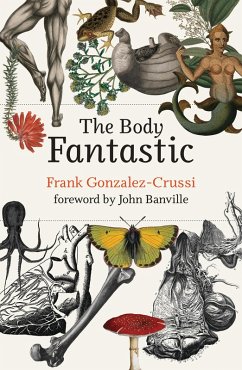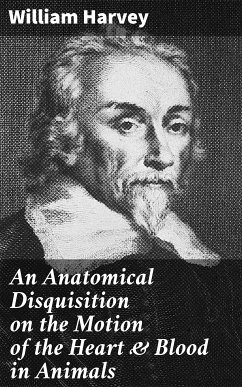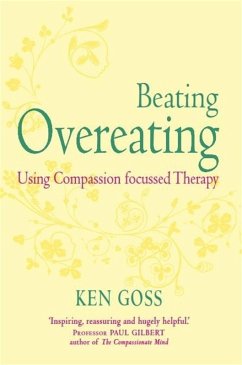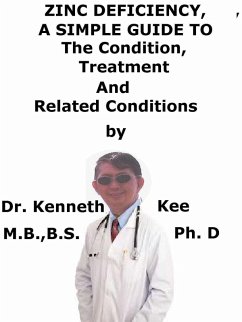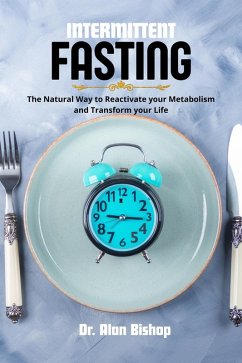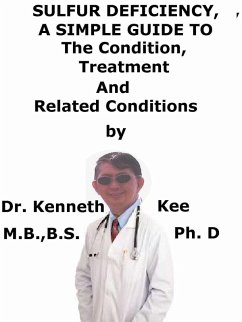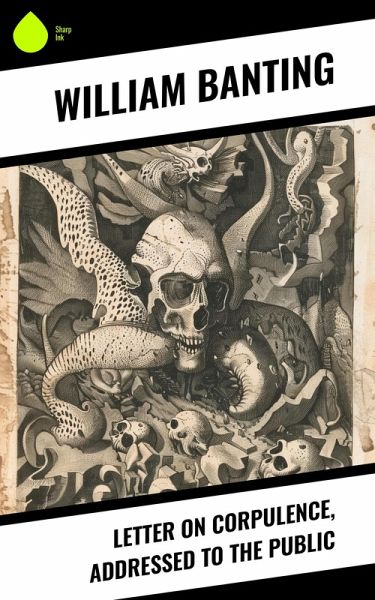
Letter on Corpulence, Addressed to the Public (eBook, ePUB)
Versandkostenfrei!
Sofort per Download lieferbar
2,13 €
inkl. MwSt.
Weitere Ausgaben:

PAYBACK Punkte
0 °P sammeln!
In his pioneering work, "Letter on Corpulence, Addressed to the Public," William Banting presents an insightful and accessible discourse on the subject of obesity and its health implications. Written in 1863, this seminal text employs a clear and straightforward literary style, mirroring the pamphleteering trends of the Victorian era. Banting meticulously discusses the causes of corpulence, critiques contemporary dietary practices, and proposes a low-carbohydrate regimen, thus laying the groundwork for modern dietary theories. His blend of personal experience and empirical observations situate...
In his pioneering work, "Letter on Corpulence, Addressed to the Public," William Banting presents an insightful and accessible discourse on the subject of obesity and its health implications. Written in 1863, this seminal text employs a clear and straightforward literary style, mirroring the pamphleteering trends of the Victorian era. Banting meticulously discusses the causes of corpulence, critiques contemporary dietary practices, and proposes a low-carbohydrate regimen, thus laying the groundwork for modern dietary theories. His blend of personal experience and empirical observations situates the text within the broader context of 19th-century medical literature, reflecting growing public concerns about health and wellness in the face of industrialization and urbanization. William Banting was a funeral director whose own struggles with weight loss prompted him to investigate the relationship between diet and health. The practical solutions he discovered not only transformed his life but also resonated with contemporaneous societal notions of self-control and healthfulness. His well-articulated case garnered wide attention, indicating a pivotal moment in the discourse surrounding obesity and nutrition during an age of burgeoning medical understanding. "Letter on Corpulence" is highly recommended for anyone seeking to understand the historical foundations of dietary practices and the evolution of obesity treatment. Banting's clear arguments and practical advice remain relevant, making this work an essential read for health professionals, historians, and lay readers alike.
Dieser Download kann aus rechtlichen Gründen nur mit Rechnungsadresse in A, B, BG, CY, CZ, D, DK, EW, E, FIN, F, GR, HR, H, IRL, I, LT, L, LR, M, NL, PL, P, R, S, SLO, SK ausgeliefert werden.




